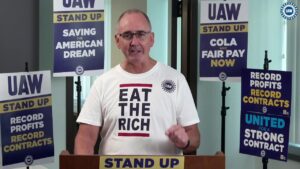
The outside-the-box choice for VP.
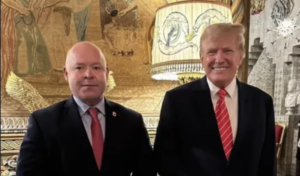
A speaking engagement at the Republican National Convention by Teamster President Sean O’Brien only normalizes the most anti-union party and President I’ve seen in my lifetime.

The Democratic corporate centrist is the lesser evil to Trump, the wannabe rightwing dictator. But does that mean socialists should support the Democratic candidate to stop Trump?

A month ago, we had a debate in Solidarity on the question of the U.S. presidential election in which I argued the need to vote for Biden in order to defeat Trump.

This thunderclap, which had been widely announced, must lead the popular and democratic forces of the left to unite in order to fight the evil at its roots. It’s five minutes to midnight!

The Libertarian Party has become just another flavor of the same reaction that propelled Trump to office in the first place.
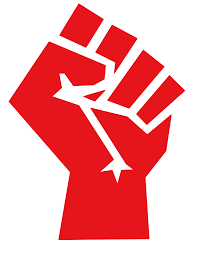
In this panorama, different organizations and collectives of the independent left see the need to form an Independent, Anti-capitalist and Anti-Patriarchal Left Bloc to strengthen the organization and mobilization independent of the government and the right.

laudia Sheinbaum, the ruling party’s 2024 presidential candidate, does not have AMLO’s power and is unlikely to enjoy his level of support among legislators.

Gar Lipow proposes use of revocable proxies in representative democracy and neighborhood assemblies based on participatory democracy.
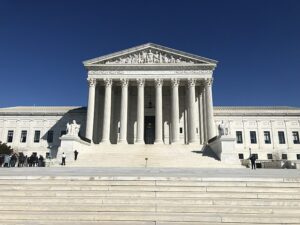
Legal scholar Elizabeth Rapaport outlines various threats to voting rights and democratic elections, posed by the conservative Supreme Court.

Socialists need to use the growing working class surge to get beyond the dead end of mainstream electoral politics.
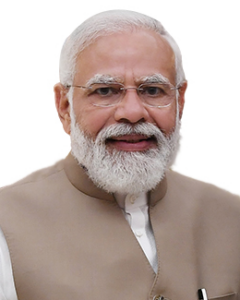
Aparna Sundar analyzes the basis of Modi’s authoritarian rule in India, including Hindutva, predatory capitalism, populist performance, and repression.
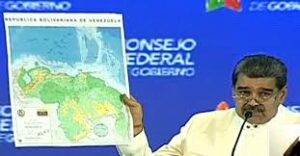
Venezuelan President Nicolás Maduro shows new map of Venezuela’s incorporation Eusebio Province of Guyana.
The United States has taken the first steps in becoming involved in a potential war between Venezuela and Guyana. President Nicolás Maduro of Venezuela is claiming the . . .
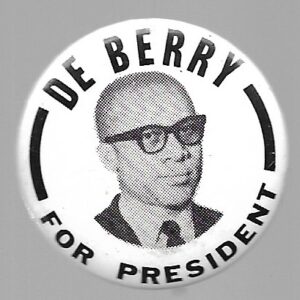
The first Black candidate for president was Clifton DeBerry, the nominee of the Socialist Workers Party in 1964, running against right-wing Republican Barry Goldwater and liberal Democrat Lyndon B. Johnson. Harassed by the FBI, DeBerry would have a tough row to hoe.

Davis’ loyalty to the CP led her in 1980 and 1984 to accept the party’s assignment that she be the running mate of diehard Stalinist party leader Gus Hall.
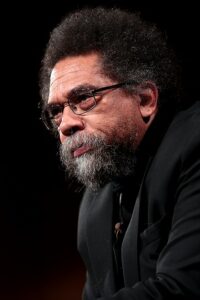
The most important Black candidate of the radical 1960s and 70s, if we judge by votes and delegates, was Shirley Chisholm.